Freedom Team Interview: Markus Kaiser in Focus
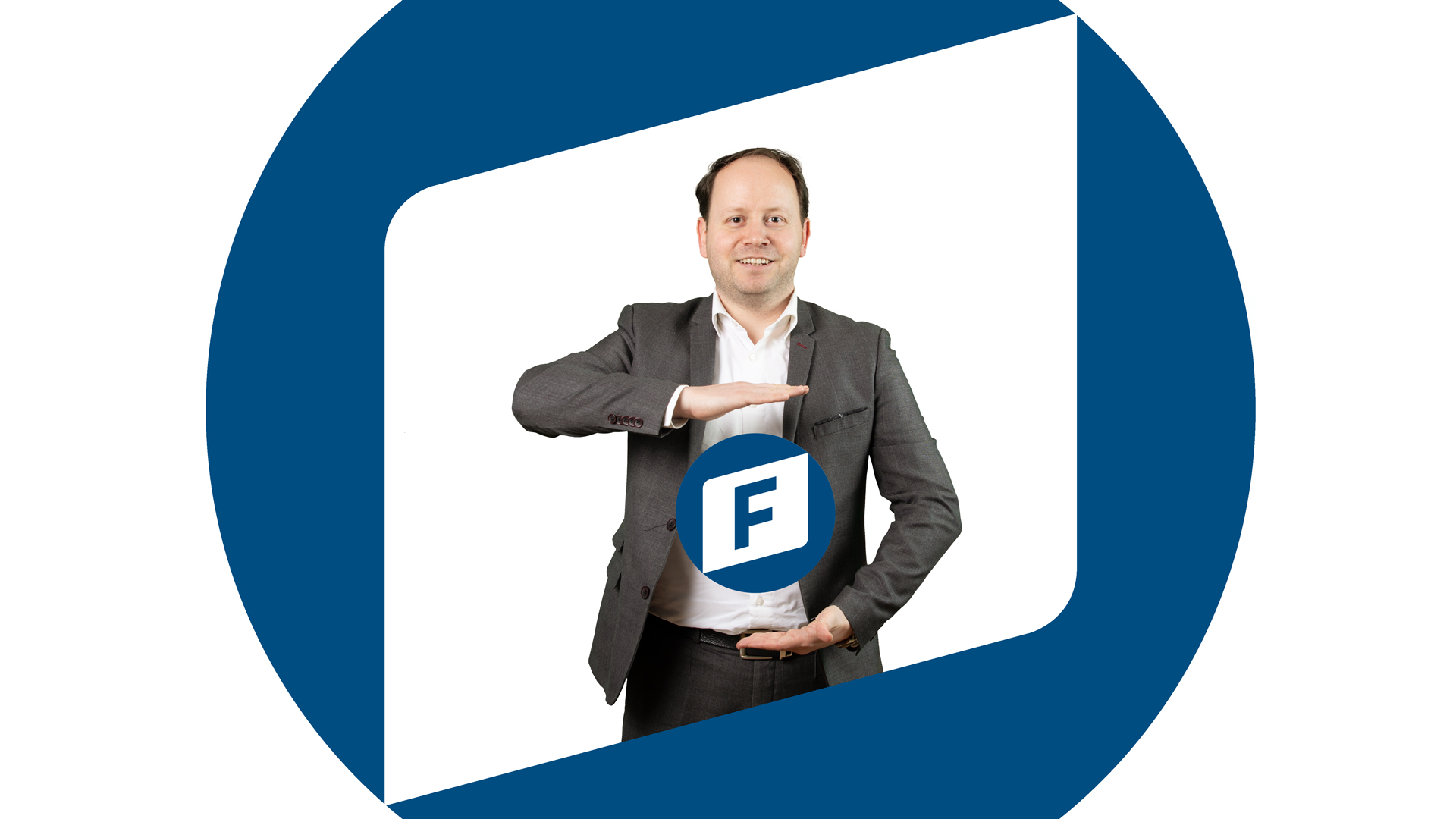
Meet Markus Kaiser
©Meet Markus Kaiser, the Head of Unit Europe at FNF Headquarters in Potsdam Germany. Markus joined the foundation in 2012 after spending six years as a political advisor in the parliamentary group of FDP, the German liberal party. Prior to this, he obtained a Master’s degree in Political Science at Bonn University. For the foundation he has been active in Brussels and Athens, fostering European integration and liberal cooperation wherever possible. He currently heads the unit for Europe in the foundation’s headquarters in Germany and thus closely cooperates with both FNF’s Central and Western European and the Eastern and Southeastern European offices. We are happy to have Markus in our Freedom Team.
Markus, please share a few words about yourself.
After finishing my studies in 2006, I started working for Werner Hoyer, current President of the European Investment Bank, who at that time was the foreign policy spokesperson of FDP in the German Bundestag. In the beginning, I was able to continue with my part-time student dream job of being a basketball journalist. After a while, I had to make a decision between the two paths, and I chose to pursue my career in the political realm. In 2012, I eventually became part of the Friedrich Naumann Foundation for Freedom. But for the record: I still keep a basketball mindset. I believe it is the most liberal sports of all.
How would you describe yourself in three words?
Down to earth.
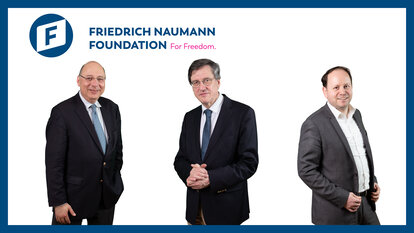
From right to left: Markus Kaiser, Prof. Dr. Karl-Heinz Paqué, Dr. René Klaff
Which liberal values you are most passionate about?
In the tradition of John Rawls, I believe that equal basic rights, equality of opportunity, and promoting the interests of the least advantaged members of society form the core of my liberal beliefs. For me, liberalism does not mean leaving everyone to his or her own devices. If we were unaware of our social status and personal features – gender, race, wealth, etc. –, in what kind of society would we want to live in? In one that creates freedom for everybody to improve his or her social position while inequalities in society would be dealt with to the benefit of the least advantaged. I believe this thought experiment nicely sums up my personal value system.
How would you describe your FNF career in three words?
Happily ever after.
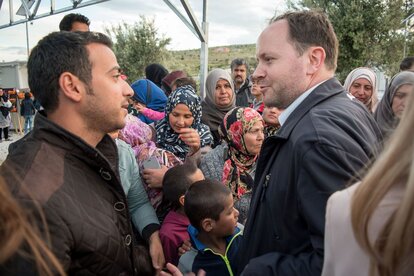
In a refugee camp on Lesbos speaking to Syrians
Tell us more how your career in FNF has evolved so far?
As mentioned, I started working for the foundation in 2012. Being posted to Brussels I was given the opportunity to set up our project work in Greece. After seven years working in Brussels and in Greece, I took over as the foundation’s Head of Unit for Europe, which I enjoy a lot. The position gives me the opportunity to continue working for a pro-European cause while at the same time supporting my fantastic and innovative colleagues abroad.
What is the most interesting and challenging about your career in FNF?
As I feel truly European instead of merely German, I love contributing to a more liberal and more united Europe. Because of reasons related to funding, but also due to different challenges and priorities in our work, FNF’s engagement in Europe is split into two regions: Central and Western Europe on the one hand, and Southeast and Eastern Europe on the other. To prevent that both regions operate in isolation from one another is one of my unit’s main tasks. It makes me proud that we foster a cross-European exchange wherever possible.
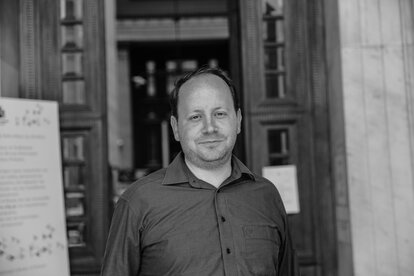
Markus Kaiser at a photoshoot in Athens in front of Panteion University
What are your biggest achievements in FNF so far? What you are most proud of?
I cannot really say if a major achievement can be traced back to my work. When it comes to Greece, we supported the liberal movement to grow stronger and helped a youth movement to gain momentum. They are now part of LYMEC, the liberal European youth organization. Ever since taking over the unit for Europe, which covers a huge area from Portugal to Vladivostok, I am proud that we have not once messed up big time.
Given your background so far, what and how would you contribute to the mission of FNF and the pursuit of Freedom?
Having a background in basketball especially in my youth, I encountered many people of color who were not provided the same opportunities that I enjoyed. I developed a passion for changing this, not by making everybody equal but by providing everybody with the same freedom to be their best self. When you grow up and broaden your horizon you realize that in our world, it is more common to discriminate against individuals than it is for them to have equal opportunities. Enabling people to live in freedom is what FNF tries to foster every day, and it is a very rewarding thing to do.
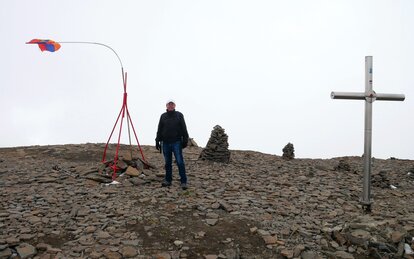
Markus Kaiser on the Southern summit of Armenia’s highest mountain Aragaz
Why is the promotion of Freedom important to you?
I believe that as liberals, we are there to unite people since we do not care about their differences but see the uniqueness of all as an asset. I therefore believe that as liberals, our mission is to unite people not by restricting their freedoms but by enhancing them. When it comes to Europe – and I am not talking about the European Union only – we still have a long way to go. This is where I see myself contributing to with all my heart.
What does the “F” of FNF mean to you?
“Friedrich” is just some slightly frumpy name to me. “Foundation” implies that there is a greater cause to what we do, and “Freedom” is exactly this greater cause we as FNF employees all cherish and devote so much to.
What is your Freedom message?
“We do not believe that freedom is reserved for the lucky, or happiness for the few.” – Barack Obama